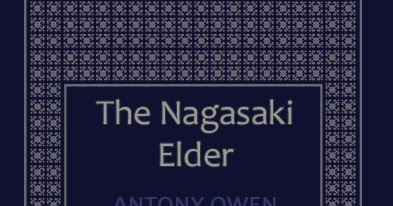
Hiroshima Day Candle Float
Event Date: 6th August 2017
Location: Fisherton Street Bridge over the Avon, Salisbury
Our annual commemoration from 8.45pm on the River Avon in the city centre.
Here’s a video from last year to give you a feel for the event
Do put the date in your diary and come and experience this very special evening.
On an environmental note, all candles and plastic cups put in the river for the Candle Float are recovered below Crane Bridge and are re-used in the following year’s event! Our members remove any debris from the river before the day to ensure the candles float downstream easily. We usually recover several sackfuls of rubbish from the river each year, before the event takes place.
Here are some facts about the events we will be commemorating:
On the morning of 6 August 1945 an American B-29 bomber, the ‘Enola Gay’, dropped the first atomic bomb used in warfare on the Japanese city of Hiroshima.
The bomb was dropped by parachute and exploded 580m (1,900ft) above the ground. Between 60,000 and 80,000 people were killed instantly. The heat from the bomb was so intense that some people simply vanished in the explosion. Many more died of the long-term effects of radiation sickness. The final death toll was calculated at up to 180,000. As well as residents of Hiroshima, the victims included Koreans who had been forced to come to Japan as labourers, and American prisoners-of-war who were imprisoned in Hiroshima.
The blast destroyed more than ten square kilometres (six square miles) of the city. And the intense heat of the explosion then created many fires, which consumed Hiroshima and lasted for three days, trapping and killing many of the survivors of the initial blast. Thousands of people were made homeless and fled the devastated city.
Hiroshima was chosen because it had not been targeted during the US Air Force’s conventional bombing raids on Japan, and was therefore regarded as being a suitable place to test the effects of an atomic bomb. It was also an important military base. The Allies feared that any conventional attempt to invade the Japanese home islands would result in enormous casualties, and the bomb was seen as a way of bringing the war against Japan to a swift conclusion. In addition, it may also have been a way of demonstrating American military superiority over the Soviet Union.
On the morning of 9 August, the Americans dropped a second, bigger atomic bomb. The original target was Kokura, but this was obscured by cloud so the bomb was dropped on nearby Nagasaki, an important port. About 40,000 people were killed instantly and a third of the city was destroyed. The final death toll was calculated as at least 50,000.
Among those in the plane that dropped the bomb on Nagasaki was the British pilot Leonard Cheshire. He later recalled the cloud caused by the atomic blast in Martin Gilbert’s Second World War:
‘Obscene in its greedy clawing at the earth, swelling as if with its regurgitation of all the life that it had consumed.’
The Salisbury CND Candle Float mirrors similar Japanese ceremonies and not only commemorates all who died but reminds us of the continuing hazards we face as long as nuclear arsenals exist in our world.
What follows was in an email from Anthony Owen and may be of interest in the context of this event.
